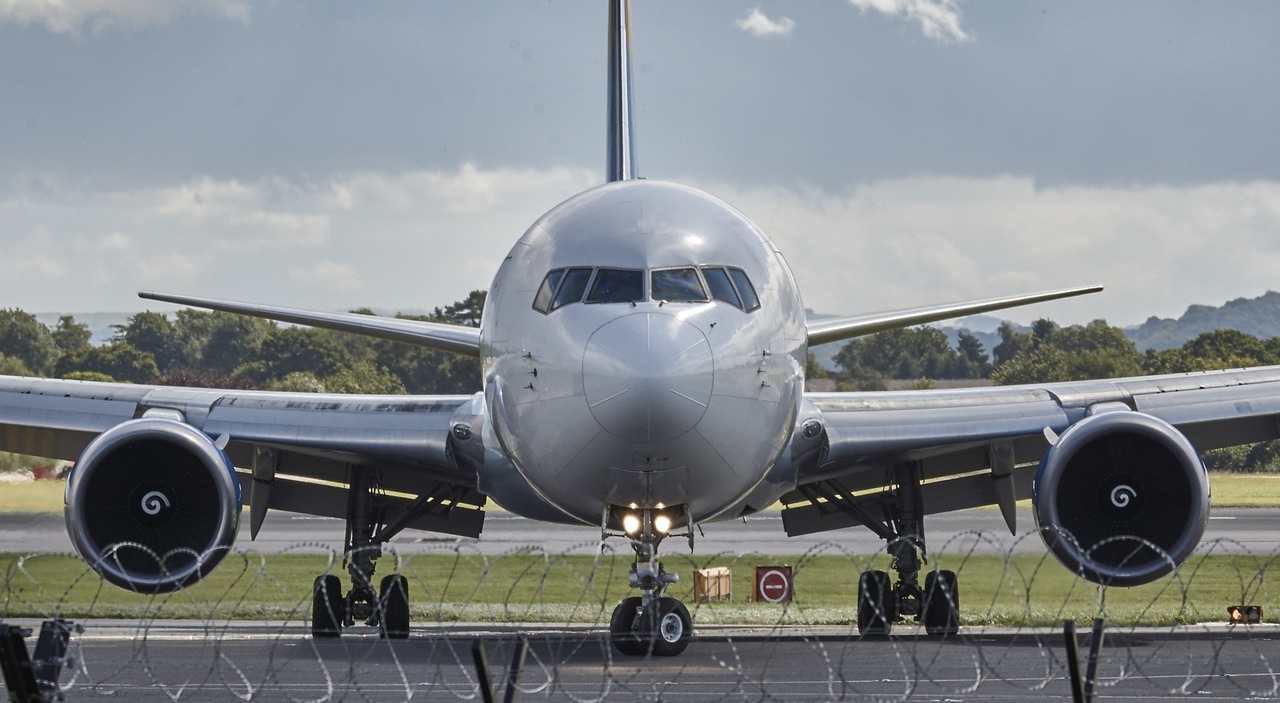
Time to stop subsidising the most polluting form of transport
Opinion By Jos Dings - T&E DirectorLate last month, the World Trade Organisation told the USA and the EU what it thinks of US subsidies to Boeing (story, page 2). Last June, the WTO delivered a similar verdict on EU subsidies to Airbus. Of course both sides claim that the other’s subsidies are worse – we can’t yet check these claims because the WTO report won’t be published for another few weeks, but it is clear that Airbus received more taxpayer-backed ‘sweet’ loans, while Boeing received more direct subsidies, which are generally recognised as very distorting.
[mailchimp_signup][/mailchimp_signup]The illegal funding given to Airbus and Boeing came from precious taxpayer money, so what did the public get in return? Nothing! Aircraft have not improved their fuel efficiency and CO2 emissions since 2000, according to research by ICCT, a clean transport think tank. Research by NLR, a Dutch aeronautics firm, shows today’s aircraft are as efficient as the 1950s Lockheed Constellation. Add 5% growth per year, and aviation’s ballooning climate problem is explained.
But it is the wider context that makes aviation policy easily the single greatest failure of environmental policy in transport. Taxpayer billions given to aircraft makers are only the tip of the iceberg. Airline tickets are the only consumer product you can buy on which you don’t pay VAT. Even paid-for Skype calls (or CO2 emission permits, for that matter) are subject to VAT. One could argue that both Skype and aviation are essential to business by bringing people together, but the tax system encourages the heavy polluter and discourages this European technology success story (Skype is based in Estonia and Luxembourg).
The failure of EU governments to charge VAT on plane tickets amounts to a subsidy of at least €10 billion every year. There is not a cent of tax on the 55 billion litres of kerosene sold in the EU each year to power aircraft. At €0.48 per litre (the average road fuel tax), that is another €26 billion – which is some 50 times more than the sector is likely to pay for its emissions permits. And to top it all off, six years ago the European Commission got so sick of governments asking permission to subsidise regional airports, that it said that up to 50% of start-up costs of new air services would be OK for up to five years. The unsurprising result was that governments, relieved of the fear of embarrassing rebukes from the Commission or the Court of Justice for breaching state aid rules, filed an avalanche of funding applications that were swiftly approved.
But there is always hope. The EU is responding to the euro crisis with closer economic coordination. An important first report, the ‘annual growth survey’, says tax systems should depend less on labour taxes and become more broad-based, indirect and green. Aviation taxes tick all these three boxes. Germany and Austria have gone for ticket taxes, albeit at levels far below the VAT subsidy. A proposal for a new energy tax directive might come out this spring. VAT policy is to be reviewed. And a new white paper on transport will come out that should commit to decarbonising transport.
When we talk about decarbonising transport, aviation is the place to start – buying a €10 ticket from Stockholm to Paris is the cheapest and fastest way thinkable of heating the planet. In fact, an order of magnitude cheaper and faster than any other mode. There is no excuse. Aviation needs to be brought into the normal economy, and treated as a normal economic activity. Subsidies must stop, we cannot afford them. And efficiency standards for aviation should be introduced, so that Airbus and Boeing don’t get away with more decades of inaction.
